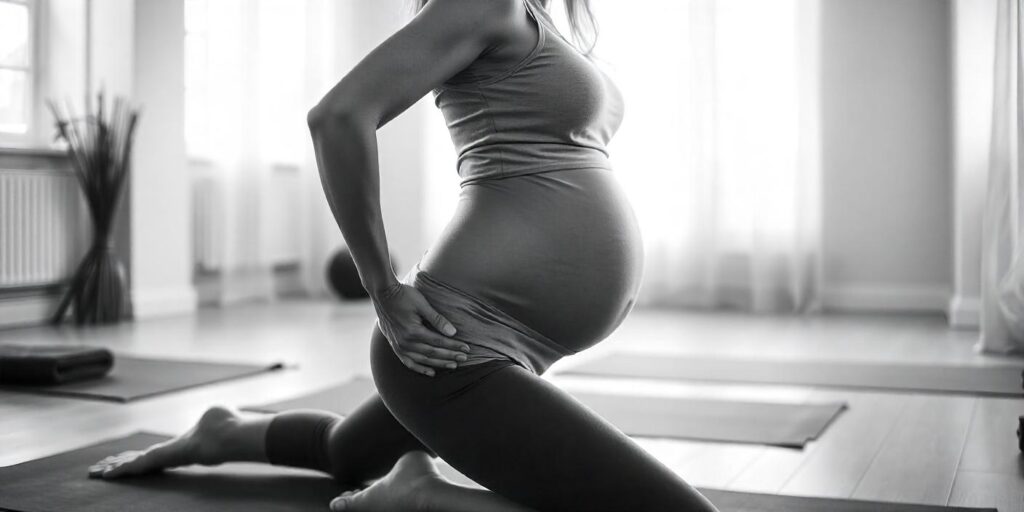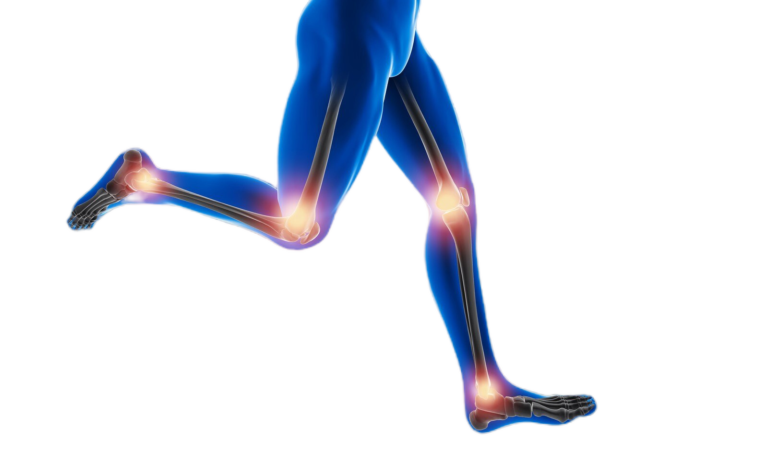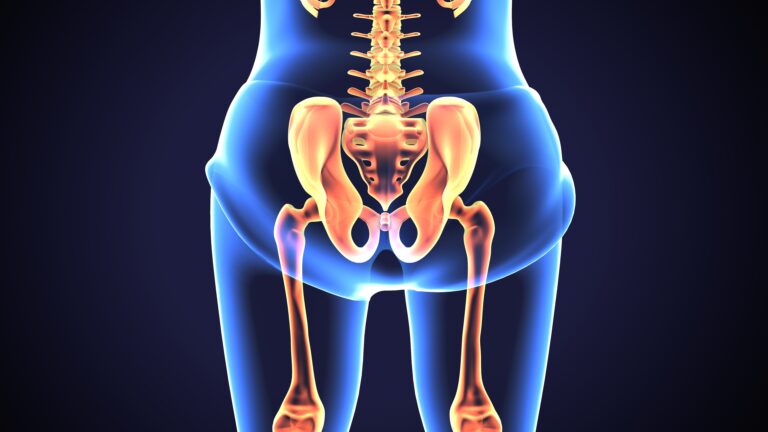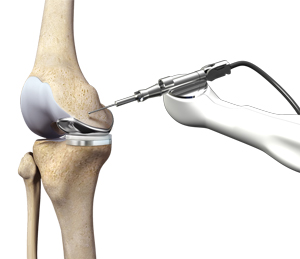
Managing Joint Health During Pregnancy: Tips to Alleviate Hip, Knee, and Back Pain
Pregnancy significantly impacts a woman’s body, with joints often bearing the brunt of extra weight, hormonal changes, and shifts in posture. Understanding how to manage joint health during and after pregnancy is essential for long-term well-being.
1. Hip Pain in Pregnancy
- Why It Happens:
- The hormone relaxin loosens ligaments to prepare for childbirth, but it also increases joint laxity, particularly in the hips.
- Managing Hip Pain:
- Stretching exercises, like prenatal yoga, can improve flexibility and reduce discomfort.
- A maternity belt can help support the pelvis and alleviate pain.
2. Knee Pain in Pregnancy
- Why It Happens:
- The extra weight gained during pregnancy puts additional pressure on the knees, leading to joint pain.
- Managing Knee Pain:
- Low-impact exercises like swimming can reduce pressure on the knees while keeping them mobile.
- Wearing supportive shoes helps distribute weight evenly and reduce strain on the knees.
3. Back Pain During Pregnancy
- Why It Happens:
- As the baby grows, the shift in the center of gravity causes the lower back to arch more, leading to pain.
- Managing Back Pain:
- Strengthening the core muscles through prenatal Pilates can help support the spine.
- Practising good posture and using proper lumbar support while sitting reduces back strain.
Differences in Joint Pain Between Pregnant Women
- Weight Gain:
- Women who gain more weight during pregnancy may experience more joint pain due to increased pressure on joints.
- Fitness Level:
- Women who exercise regularly before and during pregnancy may experience less joint pain compared to sedentary women.
Key Takeaway:
Managing joint health during pregnancy is vital for reducing hip, knee, and back pain. Strengthening muscles, maintaining good posture, and engaging in low-impact activities can help alleviate discomfort.
Disclaimer:
The information provided is for educational purposes only and should not replace professional medical advice. Always consult with a healthcare provider for an accurate diagnosis and personalized treatment plan if you experience joint pain during or after pregnancy. The impact of pregnancy on joint health can vary depending on individual health conditions and the stage of pregnancy. This content aims to raise awareness about managing hip, knee, and back pain during and after pregnancy. Results and pain management strategies can differ, and professional guidance is essential for safe and effective care.




